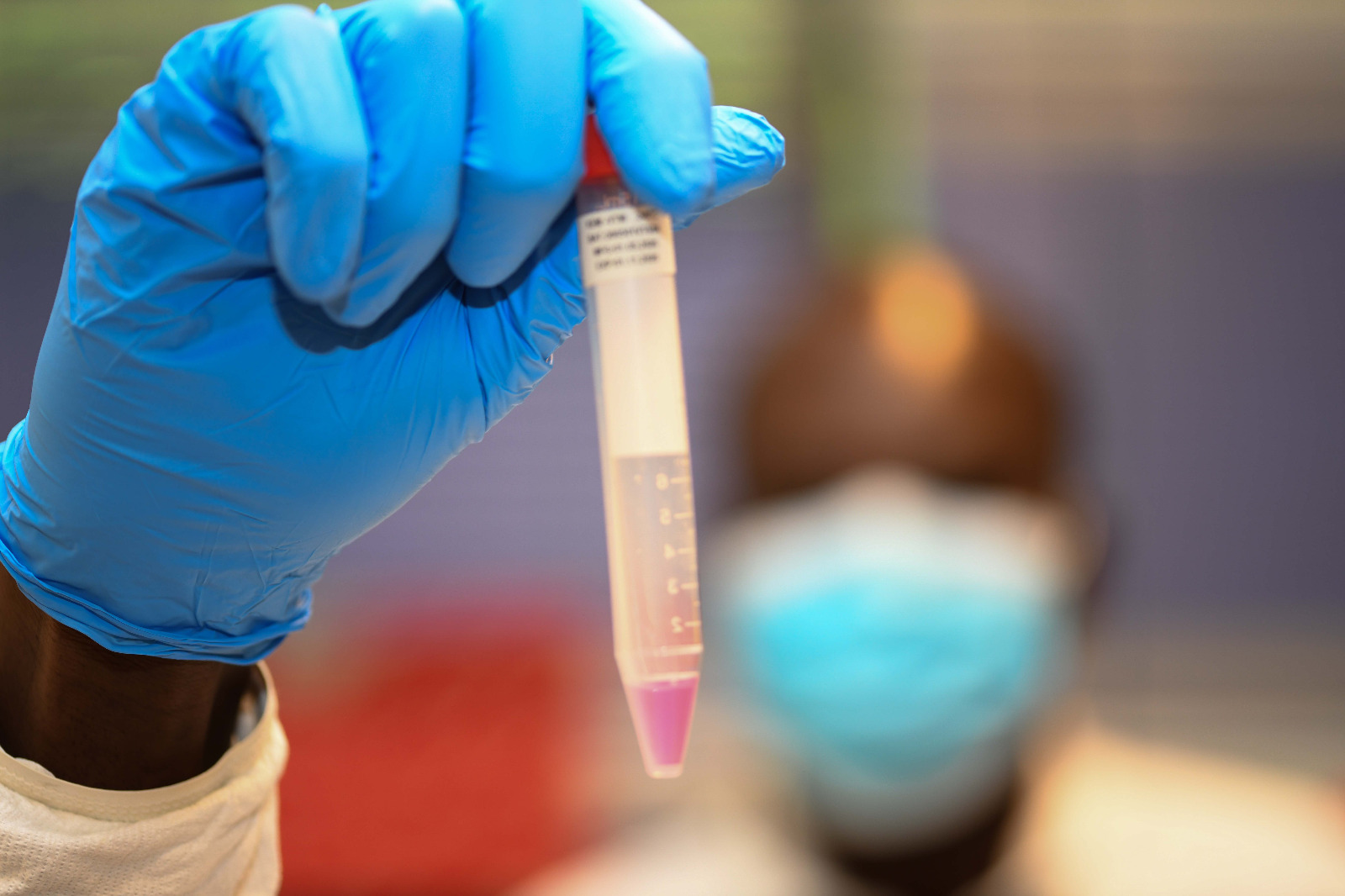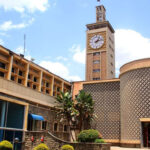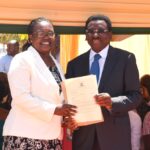The Broad One Health Endectocide-based Malaria Intervention in Africa project in partnership with KEMRI Wellcome Trust Research Programme have reported their findings from Phase I (Kenya) and II (Burkina Faso) R21 vaccine trials.
In their findings, which evaluated the ability of the vaccine to prevent clinical malaria, safety of the vaccine and its ability to illicit a good immune response, its efficacy as measured by time to the first malaria episode was 75% in seasonal sites and 68% in standard sites.
The study, which has now been published ahead of peer review, involved 4800 children aged 5 months to 3 years of age in four countries across Africa. This included Mali, Burkina Faso, Tanzania, and Kilifi in Kenya.
In the Phase III trial, the 600 children recruited for the trial in Kilifi were randomized to one of two groups: one group receiving the R21 vaccine and the other a licensed rabies vaccine. The screened eligible children were given the first 3 doses of the vaccine at 28-day intervals (primary series) while the fourth dose (booster) was given12 months after the third dose.
According to the trial, the antibody and efficacy responses a month after the primary series was higher in the younger vaccinees (5-17 months compared to 18-36months).
The researchers say the vaccine targets the CSP antigen like the RTS’S vaccine but can be used at a much lower dose than the RTS’S vaccine, uses a simpler saponin adjuvant, and can be manufactured at very large-scale and at a lower cost per dose making it highly cost effective.
The vaccine was also evaluated for safety with the researchers looking out for both adverse events of special interest and serious adverse events. Though the vaccine was found to be safe with no significant safety concerns, the study indicate there was a trend to more febrile convulsions in R21 vaccinees which wasn’t significant.
The team plans to further evaluate the vaccine to study the optimal schedule for booster doses, and assess how long immunity lasts in early childhood.





